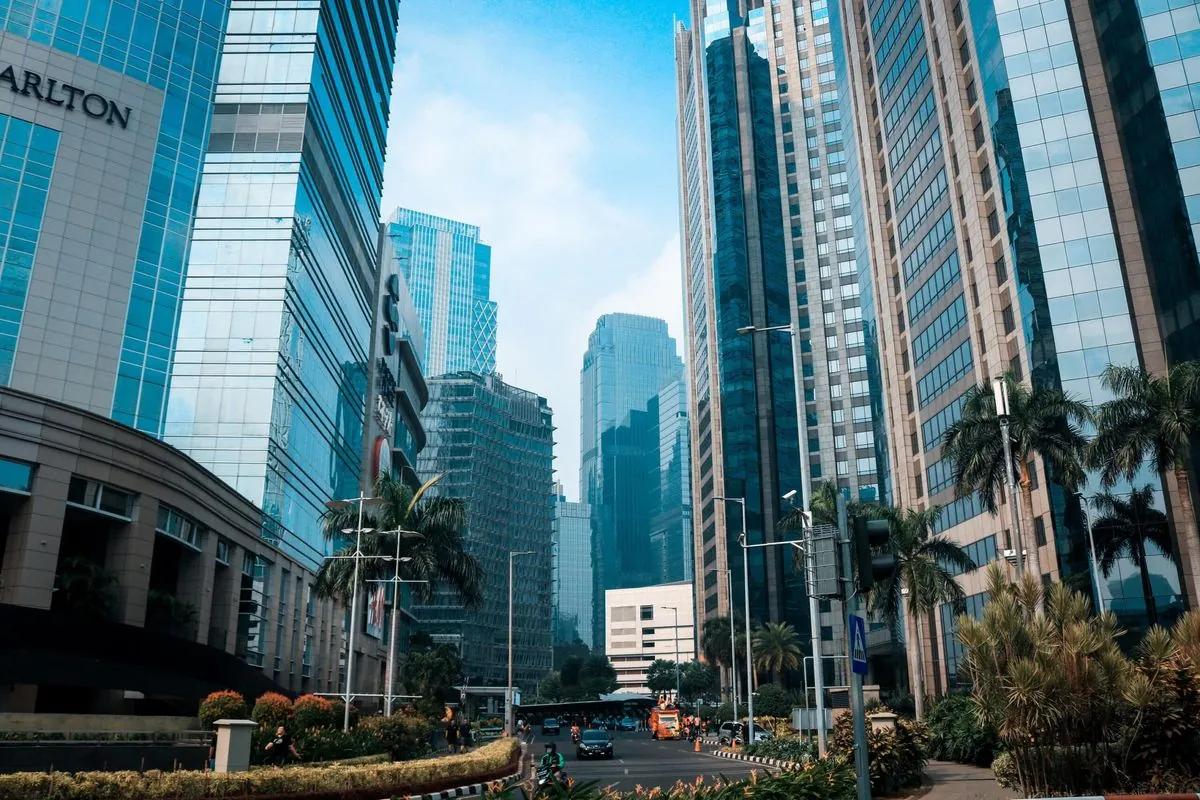In a surprising turn of events, Indonesia's Democratic Party of Struggle (PDIP), the country's largest political party, has nominated cabinet secretary Pramono Anung as its candidate for Jakarta governor. This decision, announced on August 28, 2024, effectively eliminates the chances of Anies Baswedan, a vocal government critic and former Jakarta governor, from running for the position.
The nomination comes after a week of political turmoil in the world's third-largest democracy, sparked by efforts of President Joko "Jokowi" Widodo to consolidate power before his term ends in October 2024. These efforts included a proposed revision to election law that would have benefited his youngest son and sidelined Baswedan. However, following widespread public outcry, the parliament cancelled the tabled legal revisions last week.
Indonesia, the world's largest archipelagic state consisting of over 17,000 islands, operates on a multi-party system with a presidential form of government. The Jakarta governor position, once held by Jokowi himself, is widely regarded as a stepping stone to the presidency in Indonesian politics.
Recent surveys conducted in August 2024 indicated that Baswedan held an 8-point lead in the Jakarta contest. However, the PDIP's decision to nominate Anung instead of the expected Baswedan has significantly altered the political landscape. The party cited Anung's extensive political experience as the reason for their choice.
"We have nominated Pramono Anung as our candidate for Jakarta governor due to his extensive political experience."
Meanwhile, a coalition of 13 government-aligned parties has registered former West Java governor Ridwan Kamil as its candidate. This development leaves no other parties available to back Baswedan, who is not affiliated with any political party.
The nomination of Anung follows widespread criticism directed at Jokowi and his perceived attempts to secure his power base before stepping down. During his presidential bid earlier this year, Baswedan had alleged that the Jokowi administration unfairly intervened in the campaign, including through widespread pork-barreling, which the government denied. Baswedan unsuccessfully contested the election results in court.
Indonesia, with its population of over 270 million, is not only the world's largest Muslim-majority country but also boasts the largest economy in Southeast Asia. As a member of the G20, the country's political developments carry significant weight on the global stage. The outcome of the Jakarta governor race, therefore, is likely to have far-reaching implications for Indonesia's political future.
